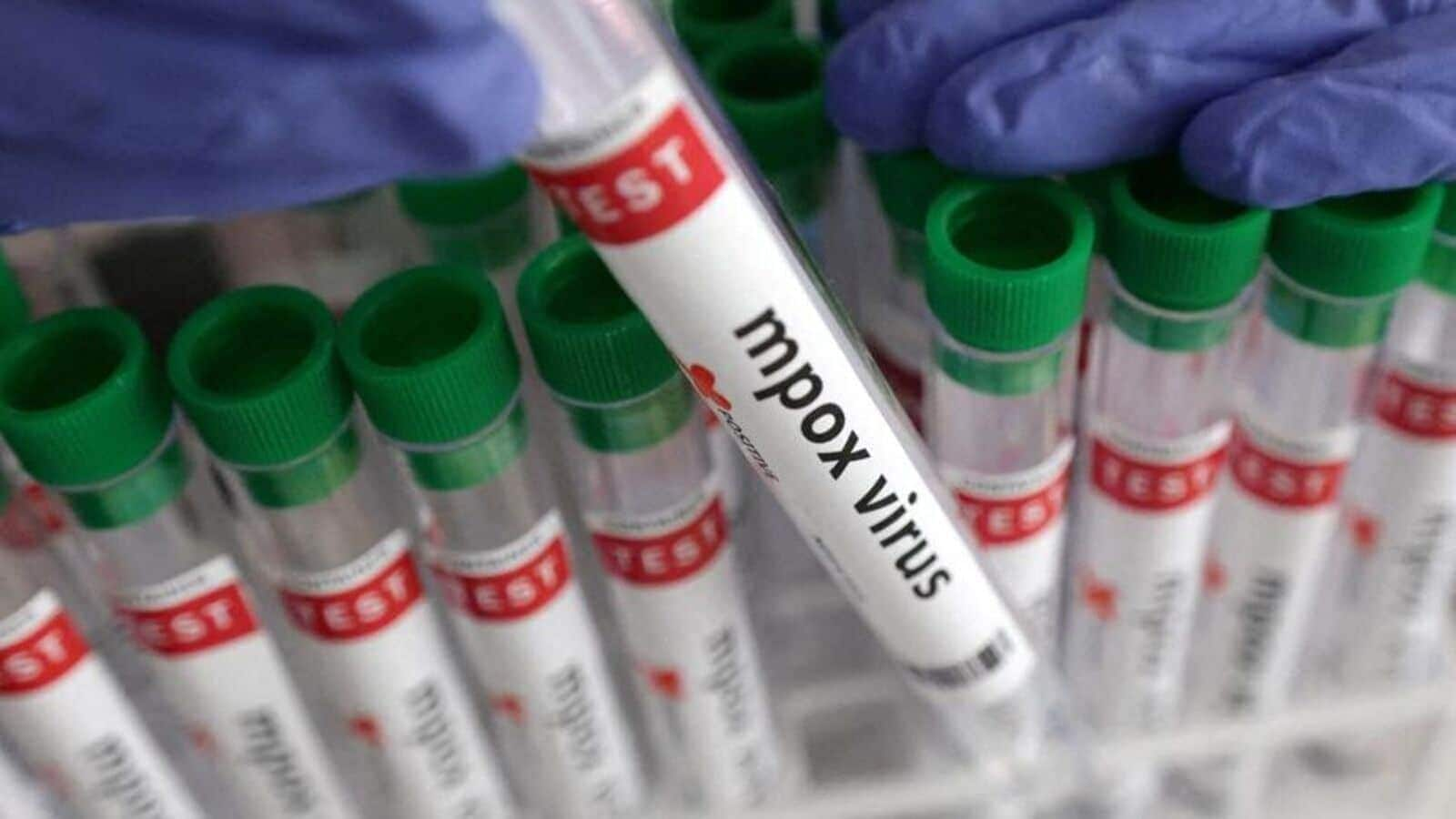
WHO approves 1st monkeypox diagnostic test for emergency use
What's the story
The World Health Organization (WHO) has approved the first in vitro diagnostic (IVD) test for monkeypox under its Emergency Use Listing (EUL) procedure.
This approval is a significant step toward improving global access to monkeypox testing, especially in regions currently experiencing outbreaks of the disease.
The Alinity m MPXV assay, developed by Abbott Molecular Inc., is a real-time PCR test designed to detect monkeypox virus DNA from human skin lesion swabs.
Test significance
New test enhances diagnostic capacity amid rising monkeypox cases
The WHO highlighted the importance of this new test in enhancing diagnostic capacity amid rising monkeypox cases.
The organization stated, "By detecting DNA from pustular or vesicular rash samples, laboratory and health workers can confirm suspected mpox cases efficiently and effectively."
The EUL procedure aims to expedite the availability of crucial medical products during a Public Health Emergency of International Concern (PHEIC), such as the current monkeypox situation.
Testing need
WHO's call for increased monkeypox testing amid global spread
On August 28, the WHO urged manufacturers of monkeypox IVDs to express interest in EUL, recognizing an urgent need to enhance global testing capacities as the virus continues to spread.
Dr Yukiko Nakatani, WHO Assistant Director-General for Access to Medicines and Health Products, emphasized the importance of this first diagnostic test listed under EUL in expanding testing availability in affected countries.
Testing challenges
Monkeypox testing challenges and efforts toward broader access
In Africa, limited testing capacity and delays in confirming monkeypox cases have contributed to the virus' continued spread.
Over 30,000 suspected cases have been reported across the region in 2024 alone, with the highest numbers in the Democratic Republic of Congo (DRC), Burundi, and Nigeria.
The WHO has received three additional submissions for EUL evaluation and is in talks with other manufacturers of monkeypox IVDs to provide a broader range of quality-assured diagnostic options.
Health crisis
Global public health emergency
The WHO declared monkeypox a global public health emergency for the second time in two years in August, following an outbreak of the viral infection in DRC, which has spread to neighboring Burundi, Uganda and Rwanda.
Two strains of monkeypox are spreading—the clade I variant, endemic in parts of West and Central Africa and a new, more transmissible strain clade Ib.
Cases of the clade Ib type have been confirmed outside Africa including Sweden, Thailand and India.